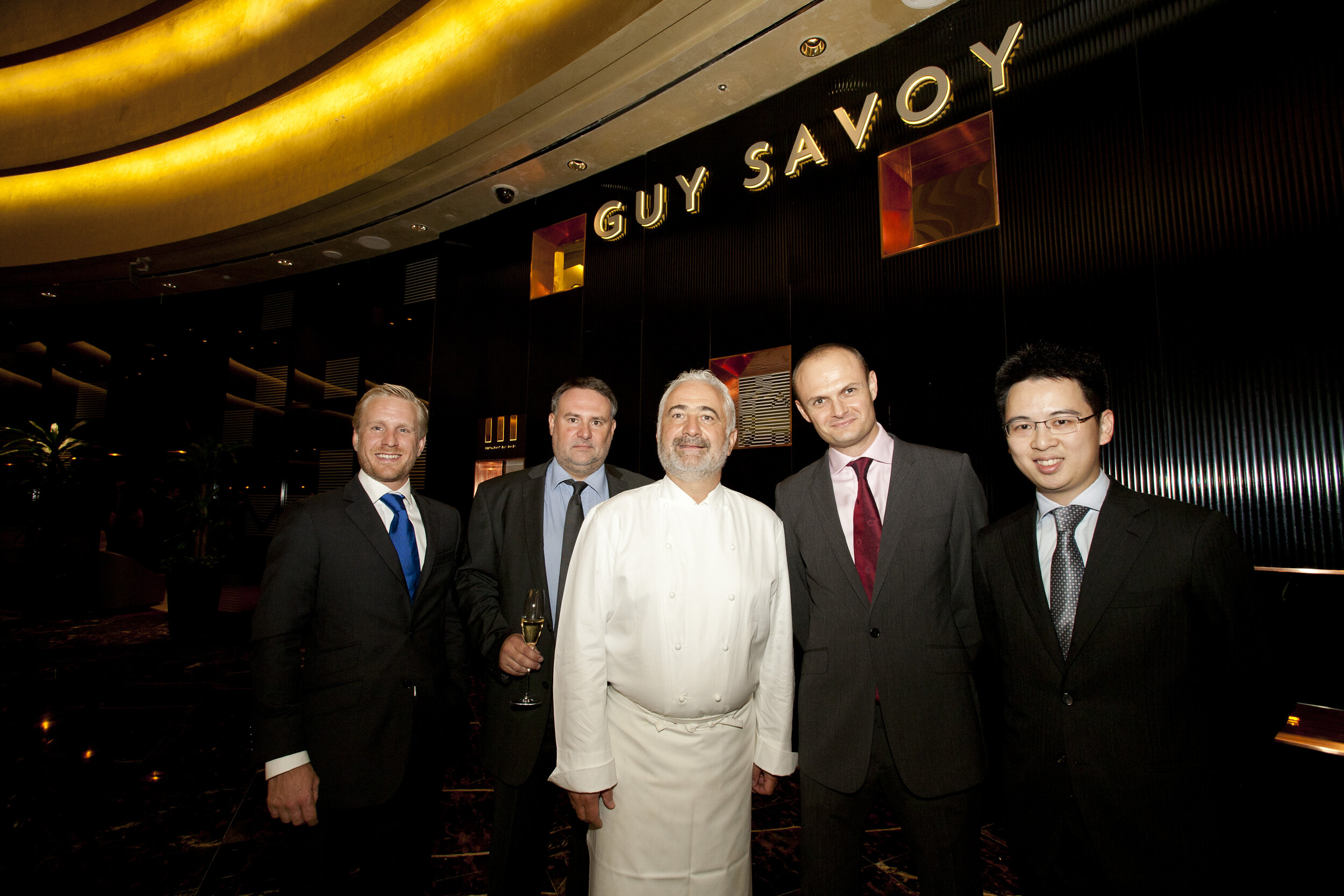As an advocate for gastrodiplomacy and an organiser of exclusive dinner events, I love to see France’s culinary traditions promoted.
French President Emmanuel Macron was visiting Lyon, capital of French gastronomy, yesterday, and announced the creation of training center of excellence for future international chefs to allow them to win the greatest awards for France. He was also thrown an egg during his visit!
How many hearts have we won serving the most exquisite dishes?
France has been using its gastronomy as a tool in international relations for centuries. The art of serving delicate and appetizing food has long been a way for the French to showcase their know-how and excellence. Gastronomy was actually born in France with Louis XIV. This is when good cooking started to be differentiated from fine cooking (“haute cuisine”). Culinary products were enhanced to their highest level and beautifully paired. Versailles became the center of culinary excellence. Extravagant and sophisticated banquets were hosted. Francois Vatel, perfectionist majordomo, orchestrated them to perfection. For the record, the poor man ended up committing suicide to avoid disappointing Louis XIV because he came up short of seafood for one of his banquets. It seems that France has taken gastronomy very seriously from an early age
Ludovic Tendron and Guy Savoy, 3 Michelin starred chef
French “art de la table” then moved to Paris and started to export itself, especially in the 18th century, with the objective of influencing princes and diplomats. Charles Maurice de Talleyrand-Périgord himself had the reputation of organizing beautiful and expensive dinners. He organized one of these dinners on January 3, 1798, to celebrate Napoleon, just a general at that time. Esseid Ali, the Turkish ambassador, received an invitation. The French impressed him with delicious meals and flattered him with the most beautiful women. The objective was to obtain strategic information about Egypt, which, at that time, was under Turkish administration. The rest is history. Napoleon launched a campaign the same year in Egypt. The Luxor Obelisk, which currently has pride of place in Place de la Concorde in Paris, is a reminder of that campaign.
Diplomacy and gastronomy have always gone well together. Diplomats have understood the benefits of gastronomy from time immemorial. As a matter of fact, gastronomy and diplomacy have always been closely associated. French poet Casimir Delavigne couldn’t have been more correct when he wrote around 200 years ago that “Things get worked out in the century we live in. Men are ruled through dinners.”
Photo tribute to France3




